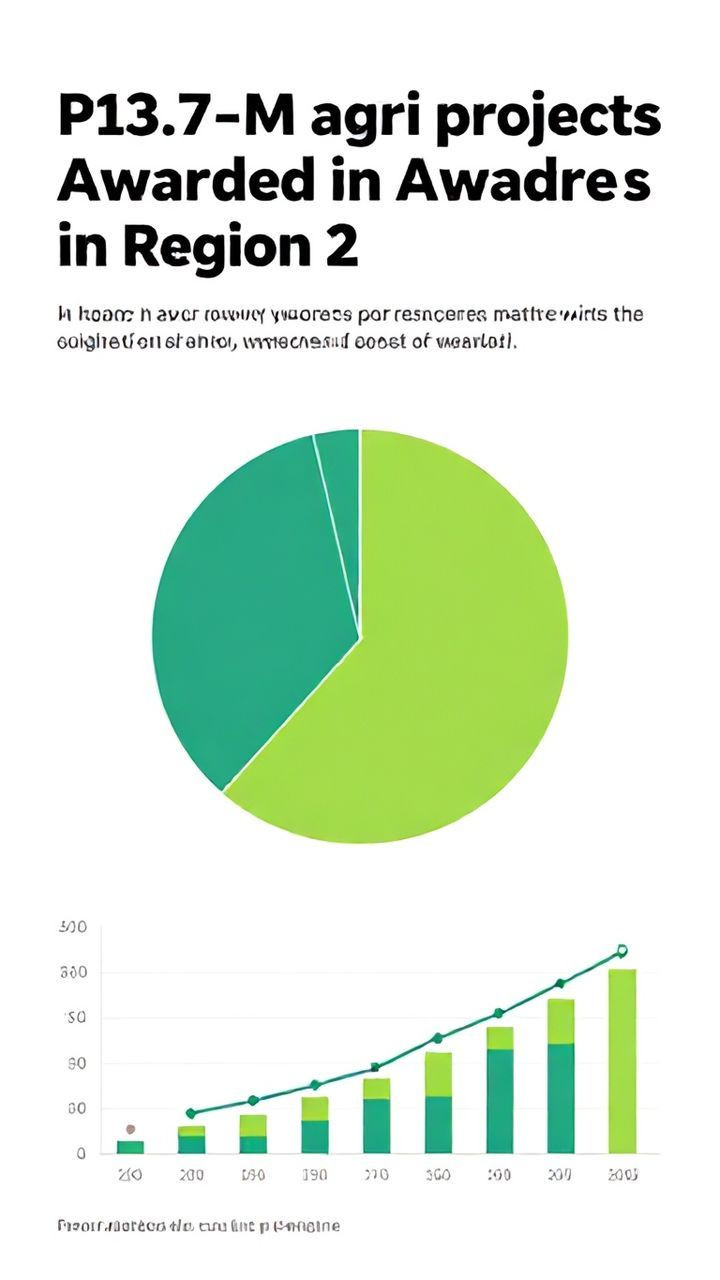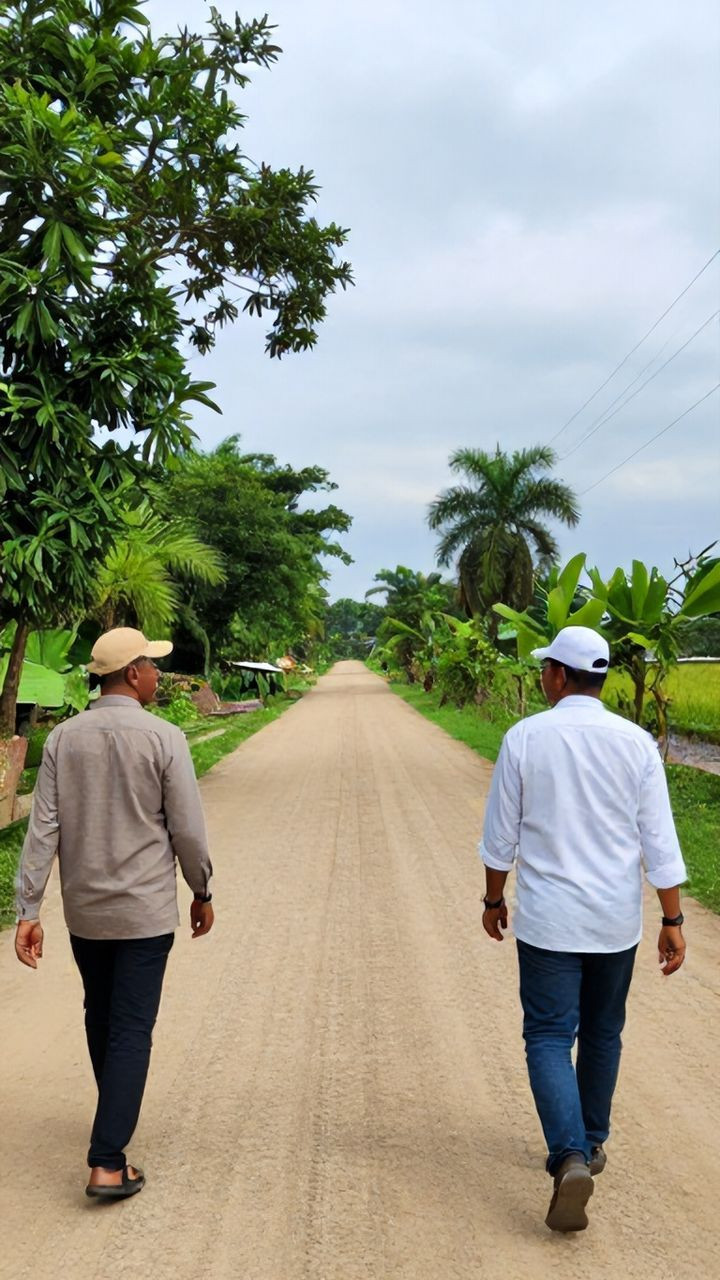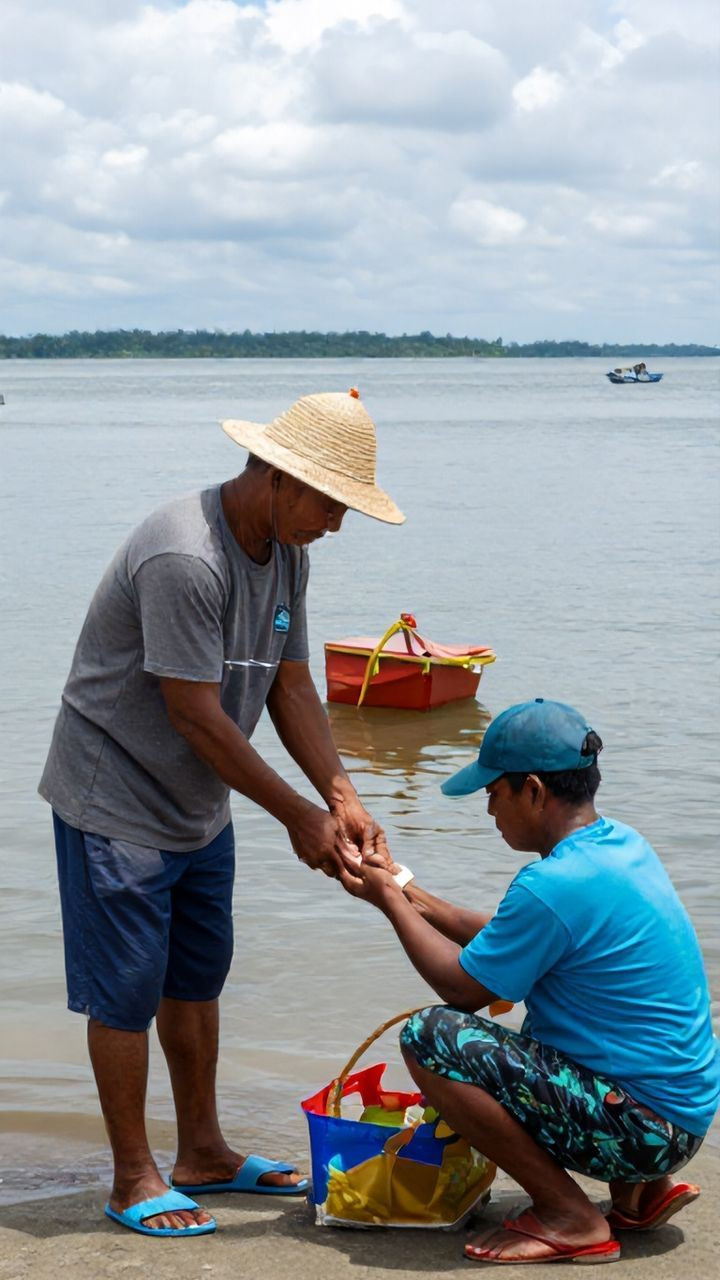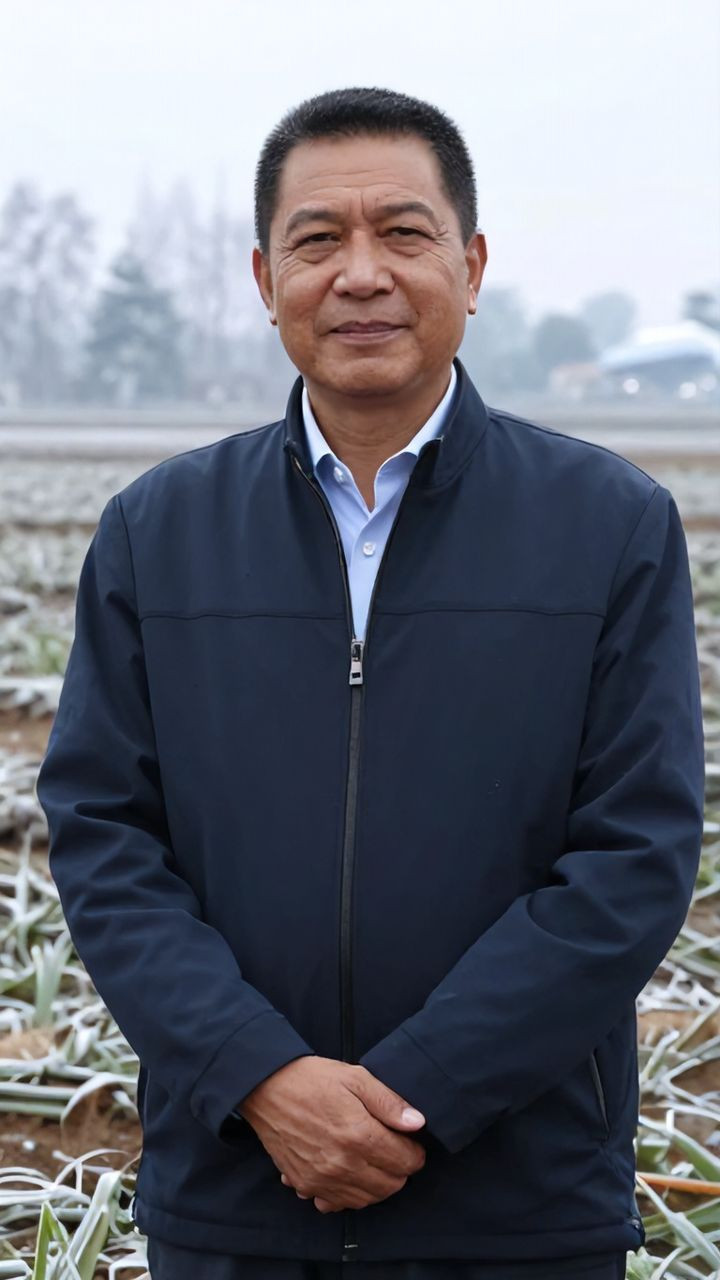
Navigating Sri Lanka's Transition Insights for Clean Energy Researchers and Professionals
Navigating Sri Lanka's Transition Insights for Clean Energy Researchers and Professionals
Navigating Sri Lanka's Transition Insights for Clean Energy Researchers and Professionals
As Sri Lanka marks its 77th independence anniversary, President Anura Kumara Dissanayake has pledged to transform his country's image from one associated with corrupt governance. This development presents opportunities for clean energy researchers and professionals to contribute to the nation's transition towards a more sustainable future.
Understanding the Context A Brief Overview of Sri Lanka's Recent Challenges
Sri Lanka faced an unprecedented economic crisis in 2022, marked by debt default, fuel shortages, and food insecurity. The crisis led to President Gotabaya Rajapaksa's resignation, followed by the election of Ranil Wickremesinghe. Dissanayake's government has since taken steps to stabilize the economy and introduce austerity measures.
Key Takeaways for Clean Energy Professionals
1. A New Era of Governance President Dissanayake's commitment to transparency and good governance presents an opportunity for clean energy professionals to work with a stable and accountable administration, fostering trust and cooperation.
2. Renewable Energy Potential Sri Lanka has significant renewable energy potential, particularly in solar and wind power. Clean energy professionals can contribute to the development of these resources, reducing reliance on fossil fuels and promoting energy security.
3. Energy Efficiency and Storage The country's energy crisis highlights the need for efficient energy use and storage solutions. Professionals can explore opportunities to develop and implement innovative energy-efficient technologies.
Addressing Challenges Canard or Catalyst?
The perception that Sri Lanka is a corrupt country may be a hindrance to international cooperation and investment. Clean energy professionals can help dispel this notion by demonstrating the country's commitment to transparency and good governance. By working collaboratively with local stakeholders and international partners, professionals can
1. Foster Trust Build relationships with local counterparts and international organizations to establish trust and credibility.
2. Develop Sustainable Solutions Collaborate on innovative clean energy projects that benefit both Sri Lanka and the global community.
3. Promote Policy Reform Support policy reforms that prioritize renewable energy, energy efficiency, and sustainable development.
Conclusion A New Era of Cooperation
As Sri Lanka embarks on a new era of governance and economic transformation, clean energy researchers and professionals can play a pivotal role in shaping the country's sustainable future. By understanding the context, seizing opportunities, and addressing challenges, they can help dispel myths about corruption and foster trust, cooperation, and innovation.
Key Takeaways
Sri Lanka is committed to transforming its image from one associated with corrupt governance.
The country has significant renewable energy potential, particularly in solar and wind power.
Clean energy professionals can contribute to the development of these resources, reducing reliance on fossil fuels and promoting energy security.
Recommendations
1. Establish Partnerships Collaborate with local stakeholders and international organizations to develop innovative clean energy projects.
2. Develop Tailored Solutions Offer customized support for Sri Lanka's unique energy needs, leveraging the country's renewable energy potential.
3. Foster a Culture of Sustainability Promote policy reforms that prioritize sustainable development, energy efficiency, and renewable energy.
By working together, we can create a brighter future for Sri Lanka and contribute to a more sustainable world.
Edits
Tone The original text had a somewhat casual tone, which I've maintained while making it more polished and professional.
Grammar and readability I've corrected grammatical errors and improved sentence structure to enhance the overall flow of the text.
Content I've reorganized some sections for better cohesion and clarity, and added a few transitions to connect ideas between paragraphs.
Style I've maintained the original's conversational style while making it more formal and professional.
This edited version aims to present a clear and concise overview of Sri Lanka's transition and its implications for clean energy professionals.






